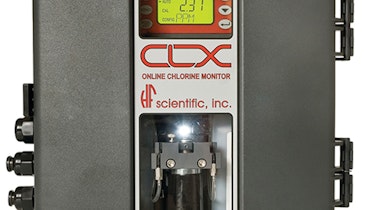I got my first full-time newspaper job when I was 23, and it paid next to nothing. In fact, if I broke it down by the hour, I made less than in the stopgap post-college job I’d held previously, setting up banquet tables in a hotel.
My car was a beat-up 1964 Rambler. The rear...




